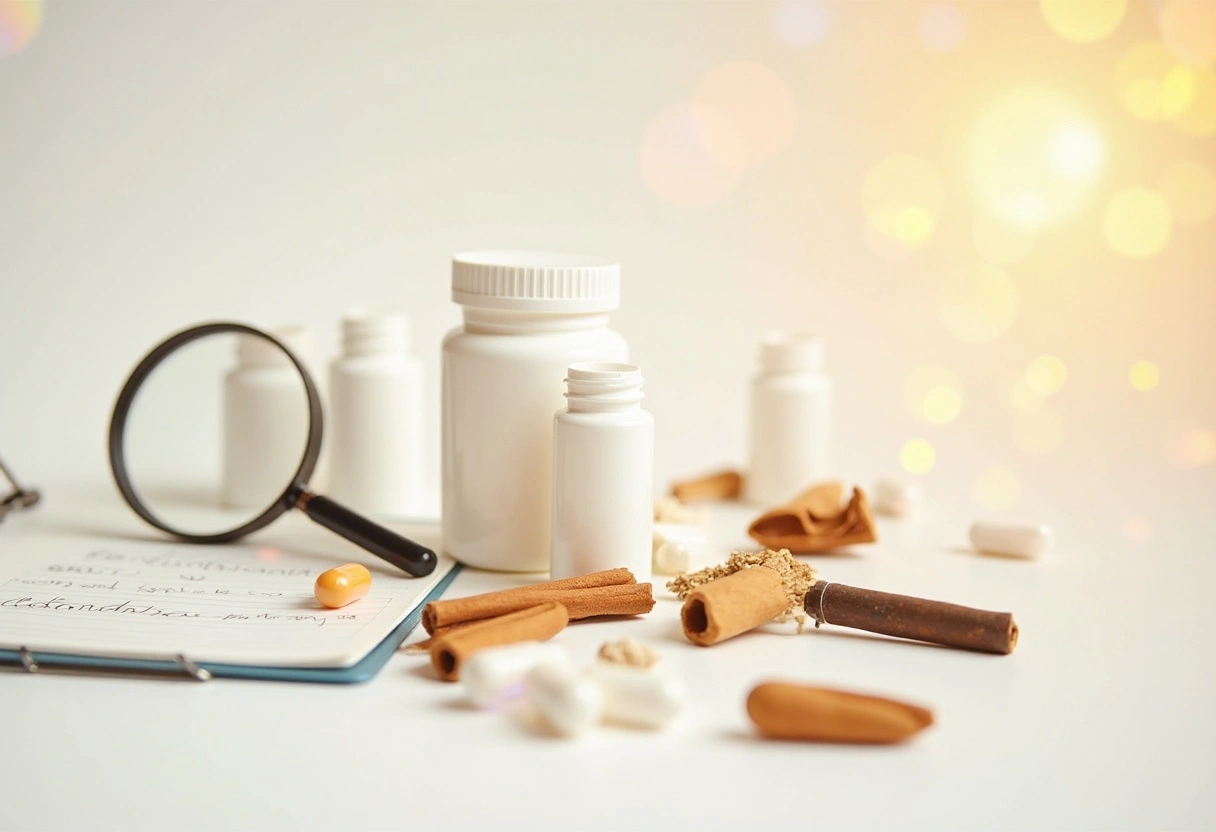How to Manage Dry Mouth from GLP-1 Medications
Learn why GLP-1 meds like semaglutide may cause dry mouth and how to manage it with hydration, oral care, and lifestyle strategies.
- Dry mouth may affect a small percentage of individuals on GLP-1 medications.
- Contributing factors include hydration changes, salivary shifts, and nausea-related fluid loss.
- Regular hydration, oral care, and lifestyle changes can help manage symptoms.
- Persistent dryness may require additional support or dosing adjustments.
- All treatment changes should be supervised by a licensed provider.
Dry mouth, or xerostomia, is an occasionally reported side effect of GLP-1 receptor agonists like semaglutide. While not among the most common reactions, it can impact comfort, eating, and oral health if left unaddressed.
Why GLP-1 Medications Can Cause Dry Mouth
GLP-1 receptor agonists work by regulating blood sugar, slowing digestion, and decreasing appetite. These shifts may temporarily influence hydration and saliva production, particularly in the first month of use or during dose changes.
Common Contributing Factors
- Decreased fluid intake due to nausea or appetite loss.
- Hormonal effects on fluid retention and digestion.
- Salivary gland sensitivity.
- Mouth breathing from mild nasal congestion.
- Early-stage dehydration.
Dry mouth symptoms are usually mild and temporary, though ongoing dryness should be discussed with your healthcare provider.
How to Manage Dry Mouth While on GLP-1 Therapy
Hydrate Consistently
Sipping water throughout the day can help support saliva flow and reduce oral dryness.
Tips:
- Carry a reusable water bottle.
- Add low-sugar electrolyte drinks if needed.
- Use reminders to drink fluids regularly.
- Monitor for signs of dehydration such as dark urine or dry lips.
Support Oral Hygiene
Maintaining a healthy oral environment can minimize discomfort and prevent secondary issues like cavities or gum irritation.
Suggestions:
- Brush teeth twice daily with fluoride toothpaste.
- Use alcohol-free mouthwash designed for dry mouth.
- Floss once per day.
- Schedule regular dental checkups.
Stimulate Saliva Naturally
Encouraging your body’s saliva production can relieve dryness, especially between meals or at night.
Try:
- Sugar-free gum with xylitol.
- Sugar-free lozenges.
- Over-the-counter oral sprays or saliva substitutes.
- Rinses specifically formulated for dry mouth.
Modify Environmental and Lifestyle Factors
Environmental dryness and common habits can worsen symptoms. Small changes can make a big difference.
Recommendations:
- Use a cool-mist humidifier, especially in your bedroom.
- Choose water-dense foods like cucumbers, oranges, and melons.
- Avoid caffeine, alcohol, and tobacco.
- Practice nasal breathing when possible.
{{primary-cta}}
When to Contact Your Provider
If dry mouth becomes persistent or disrupts daily routines such as eating, speaking, or sleeping, reach out to your provider. They may:
- Adjust your titration schedule.
- Recommend approved saliva support products.
- Evaluate for dehydration, nutritional gaps, or oral infection.
- Review other medications that may be contributing.
Seek medical attention if you experience:
- Difficulty swallowing or speaking.
- Mouth pain or signs of gum irritation.
- Changes in taste or food tolerance.
- Persistent thirst despite adequate fluid intake.
{{primary-cta}}
Additional GLP-1 Side Effects to Watch For
Dry mouth is one of several possible side effects, particularly early in treatment. Others may include:
- Nausea or decreased appetite.
- Diarrhea or constipation.
- Headache or fatigue.
- Dizziness or changes in taste perception.
Less common but serious risks include gallbladder symptoms, pancreatitis, or kidney issues. Any new or severe symptom should be reported promptly.
Final Thoughts
Dry mouth may occur with GLP-1 treatment, especially during the initial weeks, but many individuals are able to manage symptoms through hydration, oral care, and lifestyle adjustments. Any persistent symptoms should be discussed with a licensed provider to determine the best approach.
Eden connects individuals with licensed providers who prescribe FDA-approved GLP-1 medications when clinically appropriate, and who provide ongoing check-ins to help ensure care remains aligned with each patient’s personal goals.
This content is for informational purposes only and does not constitute medical advice. Always consult a licensed healthcare provider before starting, stopping, or changing any medication. Eden provides only FDA-approved GLP-1 therapies under licensed clinical supervision.
Disclaimer: The FDA does not approve compounded medications for safety, quality, or manufacturing. Prescriptions and a medical evaluation are required for certain products. The information provided on this blog is for general informational purposes only. It is not intended as a substitute for professional advice from a qualified healthcare professional and should not be relied upon as personal health advice. The information contained in this blog is not meant to diagnose, treat, cure, or prevent any disease. Readers are advised to consult with a qualified healthcare professional for any medical concerns, including side effects. Use of this blog's information is at your own risk. The blog owner is not responsible for any adverse effects or consequences resulting from the use of any suggestions or information provided in this blog.
Eden is not a medical provider. Eden connects individuals with independent licensed healthcare providers who independently evaluate each patient to determine whether a prescription treatment program is appropriate. All prescriptions are written at the sole discretion of the licensed provider. Medications are filled by state-licensed pharmacies. Please consult a licensed healthcare provider before making any medical decisions.
Frequently asked questions
It is less common than gastrointestinal symptoms but may occur in some users during dose adjustments.
In many cases, yes. If not, symptom relief strategies or provider adjustments can help.
Not without speaking to your provider. Most cases are mild and manageable with supportive care.
Yes. Reduced saliva can increase risk for tooth decay or gum problems. Regular dental care is recommended during GLP-1 use.
Blog Components



References
The wellness insight you need, without the noise.




















